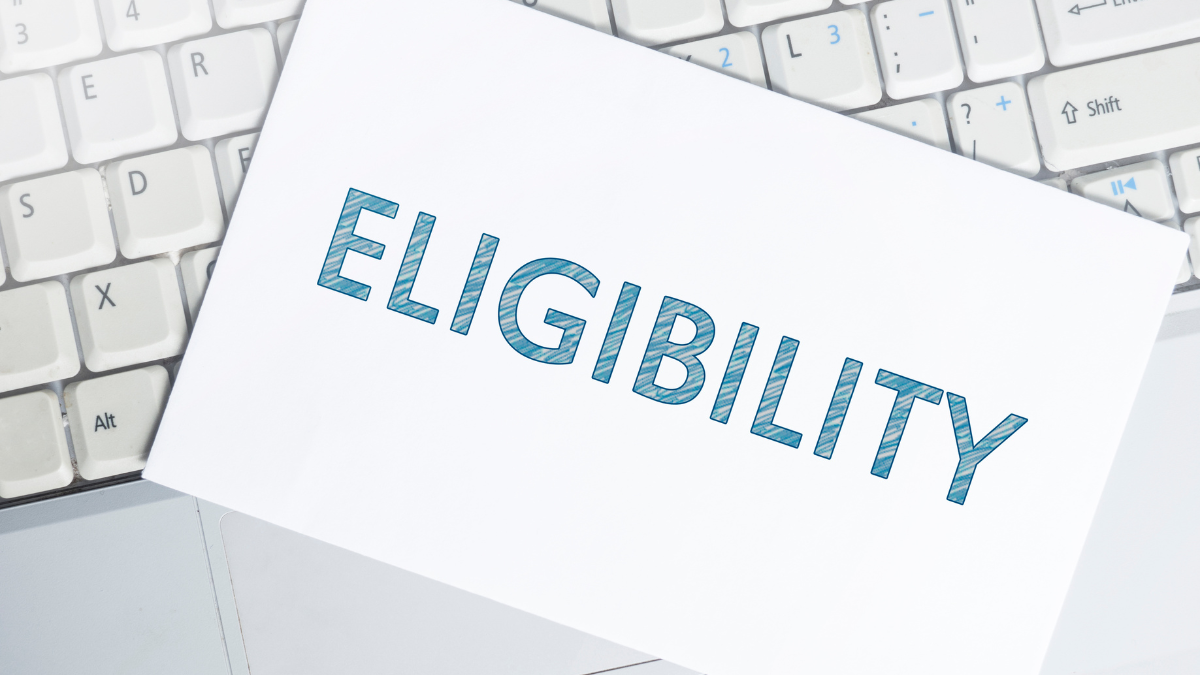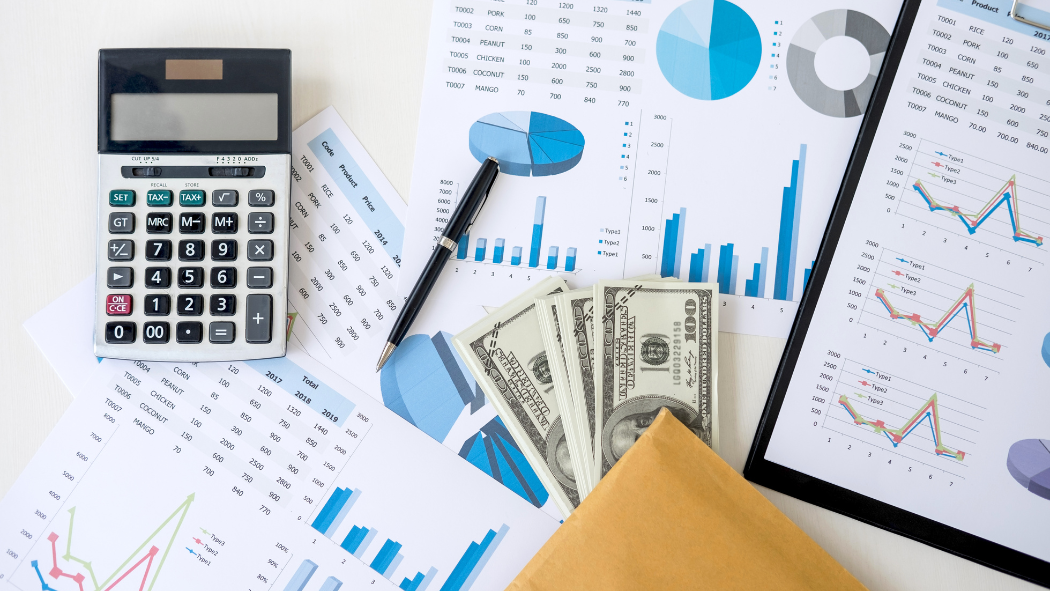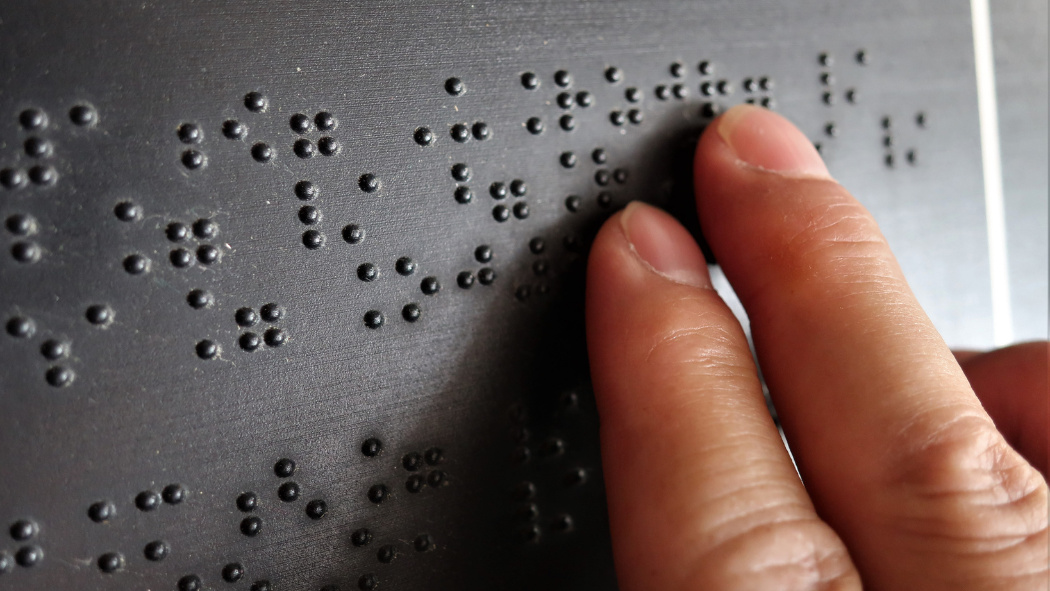Looking to make your business more accessible to employees with disabilities, but short on finances to complete your project? A new state fund can help.
The Department of Employment and Economic Development (DEED) Employer Reasonable Accommodation Fund (ERAF) is a two-year pilot program running from July 1, 2023 through June 30, 2025. Its goal is to encourage Minnesota employers to hire more people with disabilities by helping reduce the financial barriers to making their workplaces accessible.
In this blog, we’re exploring the ERAF — what it is, what ERAF funds can be used for, and how to apply — as well as how the APPRO Development team can help you get your accessibility projects completed. Let’s dig in.
What Is the Employer Reasonable Accommodation Fund (ERAF)?

The ERAF is a fund that allows small to mid-sized Minnesota employers to request reimbursement for expenses related to providing reasonable accommodations for employees and job applicants with disabilities.
In addition, employers also have access to an ERAF Coordinator to assist them with technical questions and consultation (at no cost to them). The ERAF Coordinator can help with:
- Addressing any questions about the ERAF itself
- Connecting employers to disability-related trainings and resources, including DEED-specific programs
- Understanding how the Americans with Disabilities Act (ADA) pertains to hiring and retaining employees with disabilities and implementing reasonable accommodations for them
- Consulting on locating, purchasing, and implementing reasonable accommodations
Who Is Eligible To Utilize the ERAF?

Employers wishing to apply for reimbursement under the ERAF must meet the following conditions:
- Located in Minnesota, with their principal place of business (as noted in their certificate of incorporation) in Minnesota
- Employed 500 or fewer employees during the preceding calendar year
- Generates $5 million or less in gross annual revenue
In addition, only reasonable accommodations made for a job applicant or employee with a disability will be considered for reimbursement. Employers must state on the application form that the reasonable accommodations were made for a qualifying job applicant or employee.
How the Reimbursement Process Works

Employers can submit reimbursement requests for qualifying accommodations that they purchased on or after July 1, 2023.
To apply for reimbursement, you’ll need a copy of the purchase receipt or other proof of purchase. You’ll then fill out the application form and attach a copy of the proof of purchase. The ERAF Coordinator will review the application within five business days, and may contact you with additional questions.
Once your reimbursement is approved, ERAF staff will contact you to verify your reimbursement processing information. This involves filling out a substitute W-9 form (an abbreviated version of the standard W-9). In some cases, you may need to complete additional paperwork (for instance, if you wish to receive reimbursements via direct deposit instead of a paper check).
When all of your paperwork is completed, ERAF staff will process the reimbursement request. You can expect to see your reimbursement within 30 days of approval.
ERAF Reimbursement Limits To Be Aware Of
Each fiscal year (July 1 – June 30), an eligible employer can request up to $30,000 in reimbursements through the ERAF program. This includes both one-time expenses (such as the purchase of an item) and ongoing expenses (such as subscriptions for assistive technology).
In addition, requests for reimbursement for one-time expenses must be at least $250 and no more than $15,000 per individual with a disability. There are no minimum or maximum requirements for reimbursements for ongoing accommodation expenses.
Please see ERAF’s website for more details on reimbursement limits, along with examples.
How Can You Use ERAF Funds?

ERAF funds can be used to provide reasonable accommodations for employees and job applicants with disabilities. But what does “reasonable accommodations” mean?
Some examples include: buying special software or equipment, modifying equipment or devices, providing job coaching or sign language interpreters, paying for subscriptions for assistive technology, and transcribing materials into Braille or audio formats.
Reasonable accommodations can also include the construction or installation of items like:
- Lifting aids
- Lighting
- Alarms
- Ergonomic workstations
- Signage
- Wheelchair ramps
and other items to make your facilities more accessible and usable by people with disabilities.
Lean On the APPRO Development Team To Complete Your Project

If you’re planning a remodel or the installation of these or other accommodations to take advantage of ERAF funds this year, the team at APPRO Development would love to help you complete your project. Contact us to discuss your needs and get your project started.